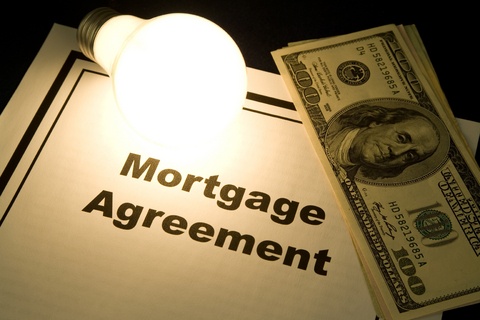
In a stark reminder that the UK property market is becoming more unhinged from the measurements of years gone by, a report today revealed the average cost of a home in the UK has now hit £284,000. When you compare this to the average salary of £27,200 it is more than 10 times and the situation is even worse in London hitting 19 times average salary with an average property price of £522,000.
While it is common knowledge that the UK property market has gone from strength to strength, despite the volatile economic situation, many will be surprised to learn the extent to which it has become disconnected from traditional measurements.
Is government assistance helping?
Despite the fact that the UK government has introduced an array of financial measures to assist first-time buyers there are accusations that these measures are only helping “well off” first-time buyers. In many ways the UK government is dammed if it does and dammed if it doesn’t but it would appear there has been limited real assistance for traditional first-time buyers on even average salaries.
Quite what the government can do now as the gap between average salaries and property prices continues to grow remains to be seen.
What is causing this phenomenon?
As we have touched on in recent articles this is perhaps the perfect storm by way of the rising value of UK property. Even though traditional mortgage to income ratios are stretched to say the least there is still strong demand for UK property although suitable properties are in relatively short supply. Indeed the ratio of potential buyers to properties available is now at an 11 year high causing competition which is keeping prices relatively firm.
Even though the UK government has increased the number of new builds beyond the 120,000 per annum average since 2009 this is still well short of the estimated 200,000+ required to fulfil demand. As well as the initial investment required to reach such high numbers, which would take time to secure, there is also the logistics, employment requirements and time required to hit the target rate. Doing this on a short-term basis, never mind a long-term basis, seems a pipe dream at this moment in time.
What does the future hold?
While the 19 times income ratio for the average home in London is at the upper end of the spectrum, even the cheapest property market in the UK, i.e. Northern Ireland, is still relatively high in historic terms. The average property in this region costs £151,000 which still equates to 5.5 times average UK income. When you also bear in mind the fact that mortgage lenders are working to very tight regulations since the 2008 crash it is difficult to see any significant change for the foreseeable future.
As we await the next spending review by the Chancellor of the Exchequer George Osborne many are now demanding financial assistance for those on “ordinary incomes” many of whom see home ownership as a distant dream.

